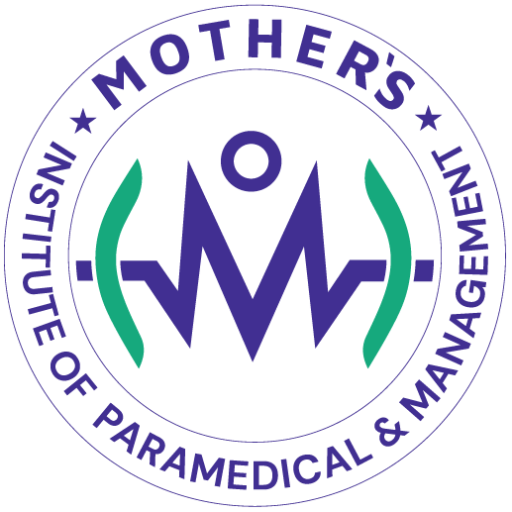The Diploma in Aviation Management program is designed to provide students with the knowledge, skills, and practical experience necessary to pursue careers in various sectors of the aviation industry. Aviation management encompasses a wide range of activities related to the operation, administration, and regulation of air transportation services, including airline management, airport operations, aviation safety, aviation security, and air traffic management. This diploma program prepares students for entry-level positions in aviation management, airport operations, airline management, and related fields.
- Introduction to Aviation Industry:
Students learn about the history, evolution, and structure of the aviation industry, including the role of key stakeholders such as airlines, airports, regulatory agencies, and industry associations. - Aviation Regulations and Compliance:
This segment focuses on teaching students about aviation regulations and compliance requirements, including international aviation regulations, national aviation authorities, safety standards, and regulatory oversight. - Airline Management:
Students study airline business models, airline operations, revenue management, fleet planning, scheduling, pricing strategies, marketing, customer service, and airline industry trends and challenges. - Airport Operations and Management:
Students learn about airport infrastructure, terminal operations, ground handling services, baggage handling, passenger services, airport security, airside operations, and airport management principles. - Aviation Safety and Security:
Students study aviation safety management systems (SMS), safety regulations, safety auditing, risk management, safety culture, emergency response procedures, aviation security protocols, and security screening procedures. - Air Traffic Management:
Students learn about air traffic control systems, airspace management, air traffic flow management (ATFM), air traffic control procedures, communication, navigation, surveillance (CNS) technologies, and air traffic management (ATM) concepts. - Aviation Technology and Innovation:
Students study emerging technologies and innovations in the aviation industry, including aircraft design and technology, avionics systems, unmanned aerial vehicles (UAVs), airport automation, and digital transformation initiatives. - Aviation Economics and Finance:
Students gain an understanding of aviation economics, including cost structures, pricing models, revenue streams, financial analysis, investment appraisal, and financial performance metrics in the aviation industry. - Aviation Law and Liability:
Students learn about aviation law, including international air law, aviation liability, contractual agreements, aviation insurance, passenger rights, environmental regulations, and legal issues affecting aviation operations.
- Airport Operations Manager:
Overseeing airport operations, including terminal operations, ground handling services, airside operations, safety compliance, and passenger services, to ensure efficient and safe airport operations. - Airline Operations Supervisor:
Managing airline operations, including flight scheduling, aircraft dispatch, crew management, ground operations, and customer service, to ensure smooth and efficient airline operations. - Aviation Safety Officer:
Implementing safety management systems (SMS), conducting safety audits, investigating incidents and accidents, analyzing safety data, and developing safety improvement initiatives to enhance aviation safety. - Air Traffic Controller:
Providing air traffic control services, including aircraft separation, traffic sequencing, and airspace management, to ensure safe and efficient air traffic flow within designated airspace. - Aviation Security Manager:
Managing aviation security programs, implementing security measures, conducting security screenings, and coordinating with law enforcement agencies to ensure the security of airport facilities and aviation operations. - Aviation Analyst/Consultant:
Providing analysis and consulting services to aviation organizations on various aspects of aviation management, including market analysis, strategic planning, regulatory compliance, and operational optimization. - Airline Sales and Marketing Representative:
Developing and implementing sales and marketing strategies to promote airline services, increase passenger traffic, and maximize revenue generation for airlines. - Aviation Technology Specialist:
Working in roles related to aviation technology, including aircraft maintenance, avionics systems, airport automation, and air traffic management systems, to support the adoption of technology-driven solutions in the aviation industry.
The Diploma in Aviation Management program prepares students for dynamic and rewarding careers in various sectors of the aviation industry, providing them with the knowledge, skills, and practical experience necessary to excel in aviation management, airport operations, airline management, and related fields. By mastering the principles of aviation management, understanding regulatory requirements, and gaining practical experience in aviation operations, graduates contribute to the safe, efficient, and sustainable growth of the global aviation industry.
